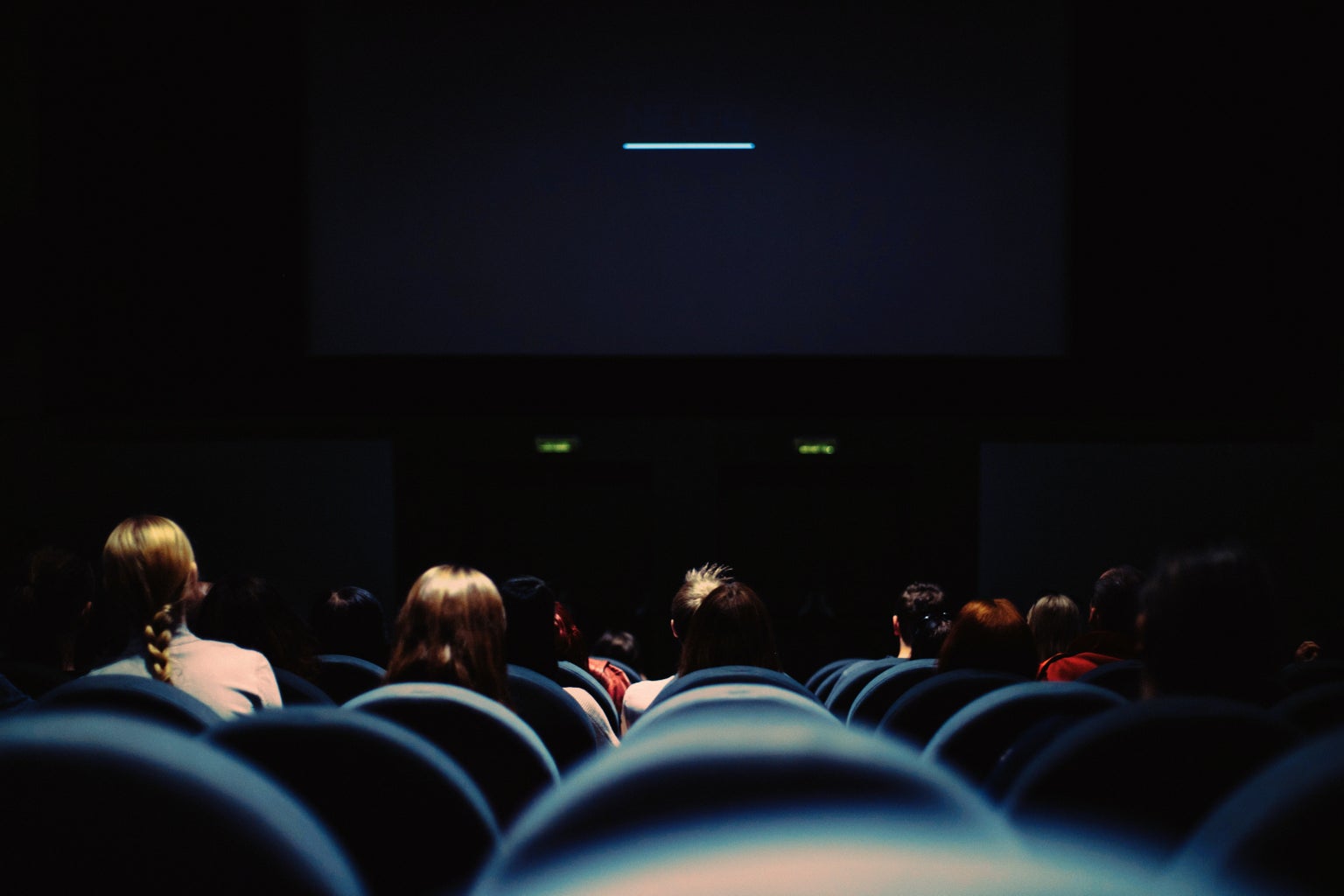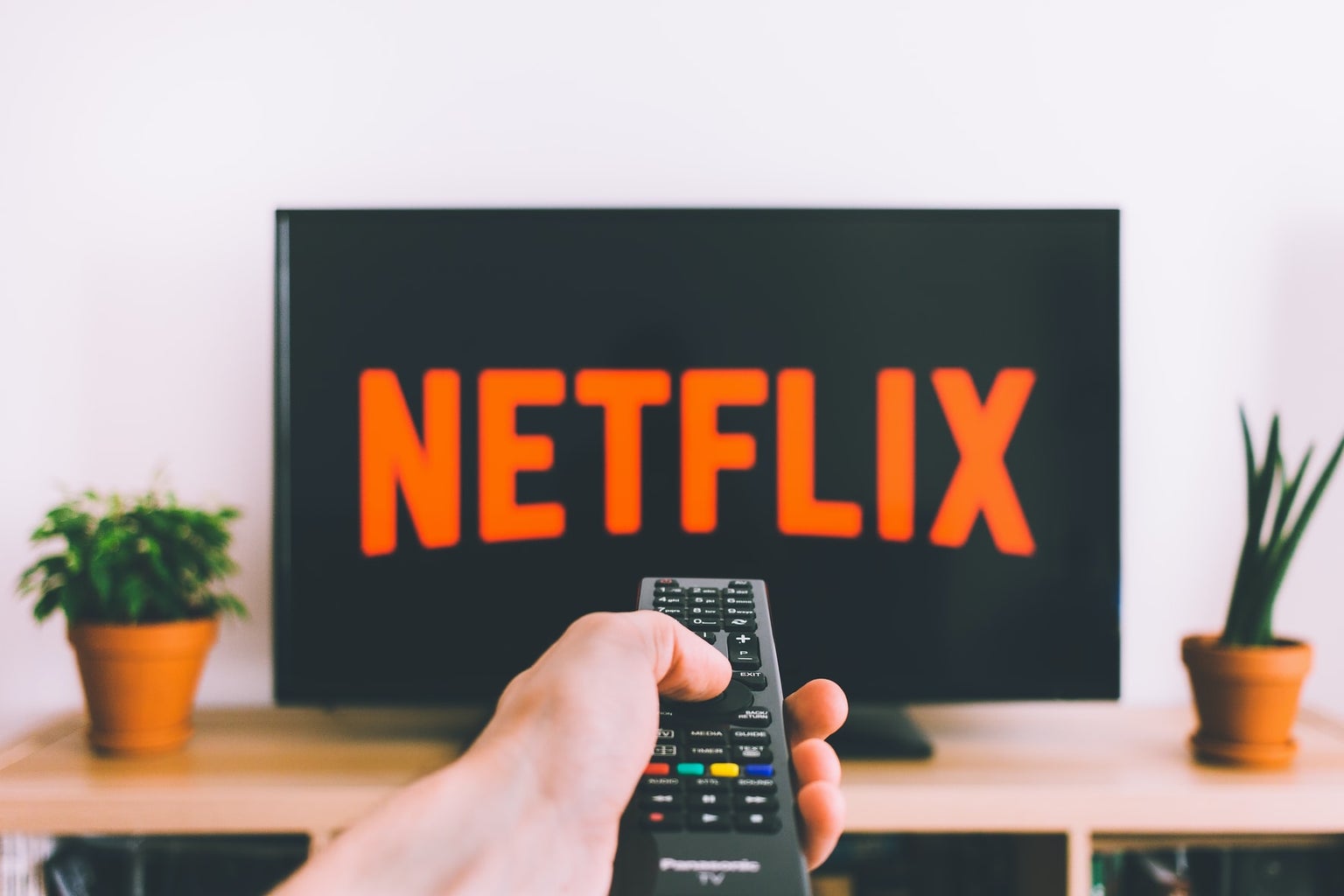This weekend, I went to watch Everything Everywhere All At Once, and it struck a chord with me and my identity that I didn’t expect. Prior to watching it, I knew it was about a Chinese immigrant family, but I was surprised with the familiarity I felt watching the first five minutes of the film, a nostalgia I had never felt before.
It wasn’t just the mix of Mandarin, English, and Cantonese, but Evelyn’s behavior, the dynamic between the entire Wang family, and the struggles of entrepreneurial immigrants that all hit close to home. Aside from my longtime obsession with parallel universes, I felt connected to Evelyn and the Wang family in a way that I’d never experienced with other films. I saw myself in Joy’s interaction with her grandfather. I saw my parents’ mannerisms in Evelyn’s actions and misunderstandings of English. I saw bits of my identity and culture encapsulated in the Wang apartment.
I had watched media featuring Asian American leads and casts like Shang-Chi, Crazy Rich Asians, and The Half of It, but I never felt this sense of familiarity. I’d see bits and pieces of myself, my family, and my culture in the films, but it was never quite all-encompassing. They would miss something from my culture, my parents, or myself. But, Everything Everywhere All At Once illustrated all the small details and bits of humor I see in my everyday life.
It wasn’t just a representation of my family and culture that I was impressed with. I saw representations of the Asian martial arts trope mixed together with sci-fi action films and funny misunderstandings like “Racacoon-y.” It was a blend of new and old that allowed me to see myself in new spaces.
I realized this is what others feel when they consume media. They see their families, their communities, and their struggles in the stories they read, watch and hear. For the first time, I felt a sense of home in the media I consume and saw my identity.
I commend directors Dan Kwan and Daniel Scheinert for creating a brilliant, engrossing, and intricate film and giving me a story that makes me feel seen. But, I realized that if this is a first for me, then this sense of representation wasn’t true for everyone.
Other Asian Americans might not connect to this as much as I do. This film was hyper-Chinese fixated like the recent flurry of Asian American films, and that’s why representation is so important. I must recognize the privilege that I have as an East Asian and realize that South and Southeast Asians do not get the same status and acknowledgment as we do.
It’s amazing that Asian-centric stories are finally being told, but we must be conscious of what “type” of Asian, as race in the U.S., has grouped a continent of diverse cultures into the broad category. Now, I say this as an East Asian American to those who share similar identities to me, but we must recognize our privilege and use it to advocate for the diversification of stories.
All this to say, thank you to the directors, executive producers, cast, and anyone else who worked on Everything Everywhere All At Once for making a film that has made my top three films of all time due to its wonderful execution, but there’s more work to be done. Thank you for making me feel seen, and let’s strive to make that happen for everyone.



